Your support helps us to tell the story
From reproductive rights to climate change to Big Tech, The Independent is on the ground when the story is developing. Whether it's investigating the financials of Elon Musk's pro-Trump PAC or producing our latest documentary, 'The A Word', which shines a light on the American women fighting for reproductive rights, we know how important it is to parse out the facts from the messaging.
At such a critical moment in US history, we need reporters on the ground. Your donation allows us to keep sending journalists to speak to both sides of the story.
The Independent is trusted by Americans across the entire political spectrum. And unlike many other quality news outlets, we choose not to lock Americans out of our reporting and analysis with paywalls. We believe quality journalism should be available to everyone, paid for by those who can afford it.
Your support makes all the difference.Few predicted the 2017 general election result, but it isn’t just the pollsters who got it wrong. The conventional wisdom of many political commentators – the way they see the world – lies in tatters.
Here are eight so-called “political truths” that were proved to be rubbish on 9 June.
‘The polls always overestimate the Labour vote’
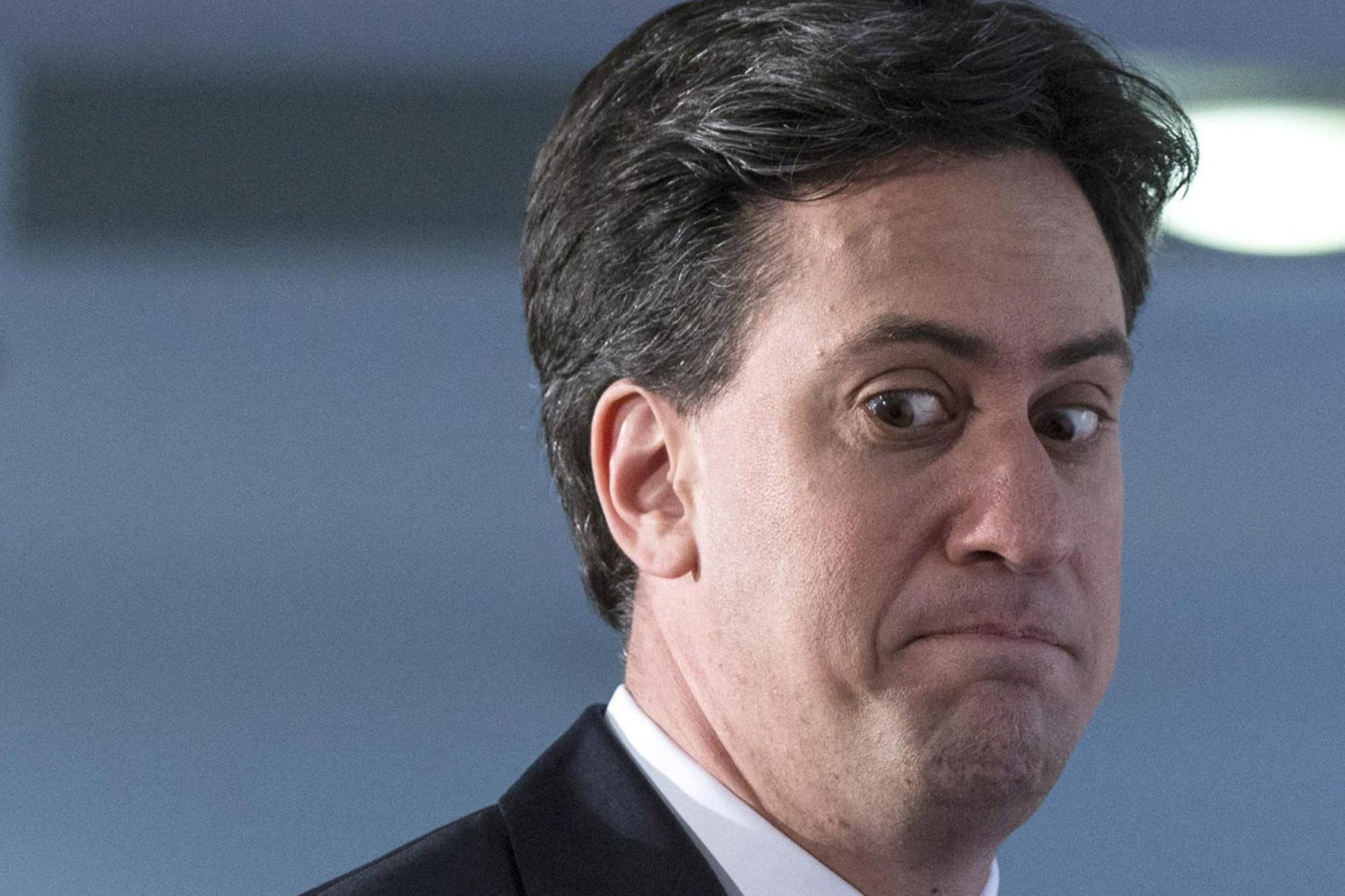
The polls sometimes overestimate Labour. They did in 2015, and pollsters made adjustments to compensate. It looks like most overcompensated: some final polls showed the Tories with double figures leads – in the end the margin was only about two points.
Two mainline pollsters, YouGov and Survation, got closest to the result. SurveyMonkey, not usually thought of as a political pollster, also did well with a large sample size. But most pollsters dramatically underestimated Labour.
‘Young people never turn out to vote’
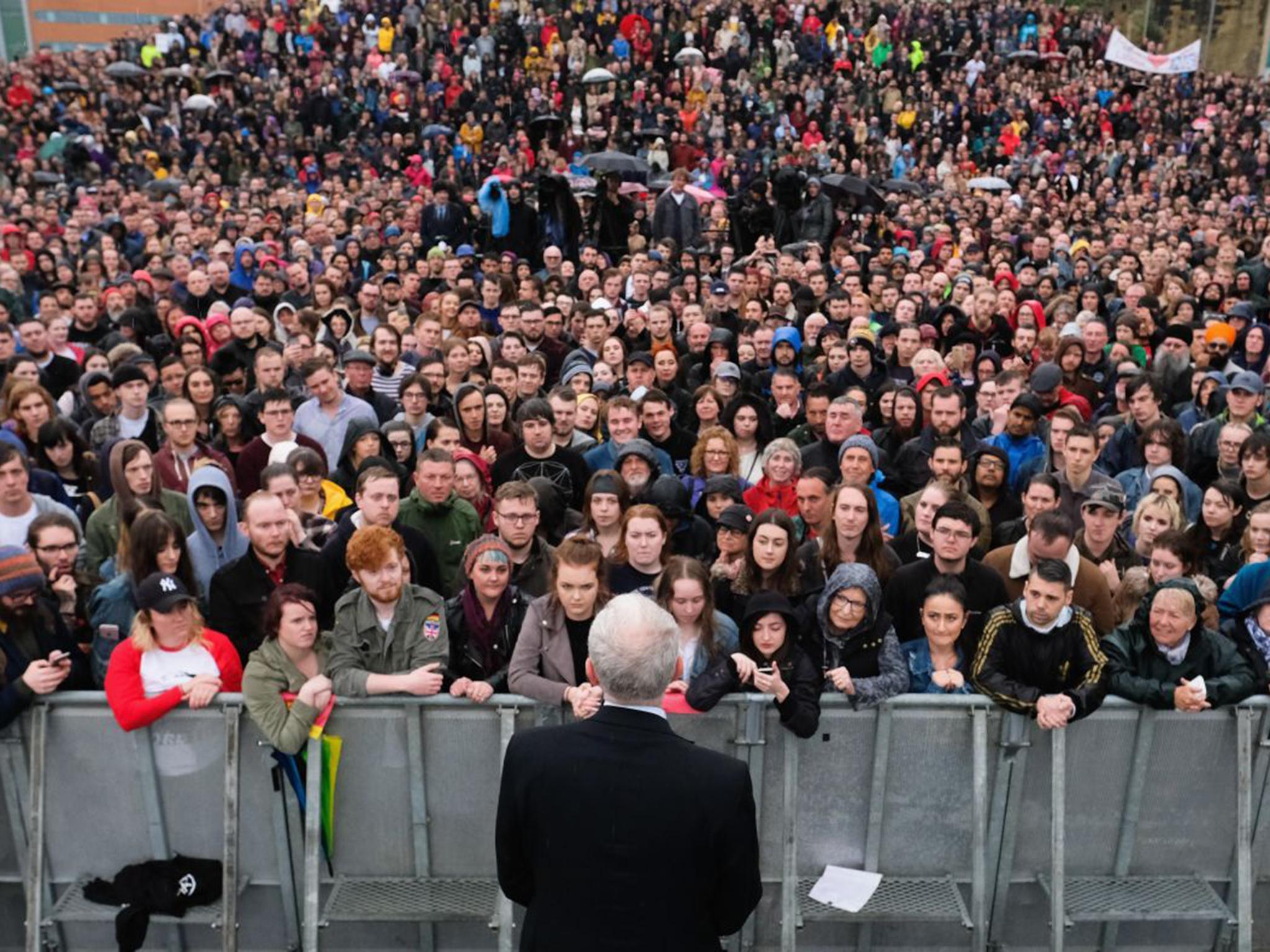
Since Tony Blair, voter turnout amongst the young has been falling. The British Election Study estimated turnout among under-25s at 75.4 per cent in 1992 – by 2005 it was 44.3 per cent. We have limited proof at the moment, but evidence suggests that one of the reasons Labour did better than expected was by increasing turnout, especially among young people.
This could be a clue as to why pollsters got the party wrong.
‘The campaign period doesn’t matter’
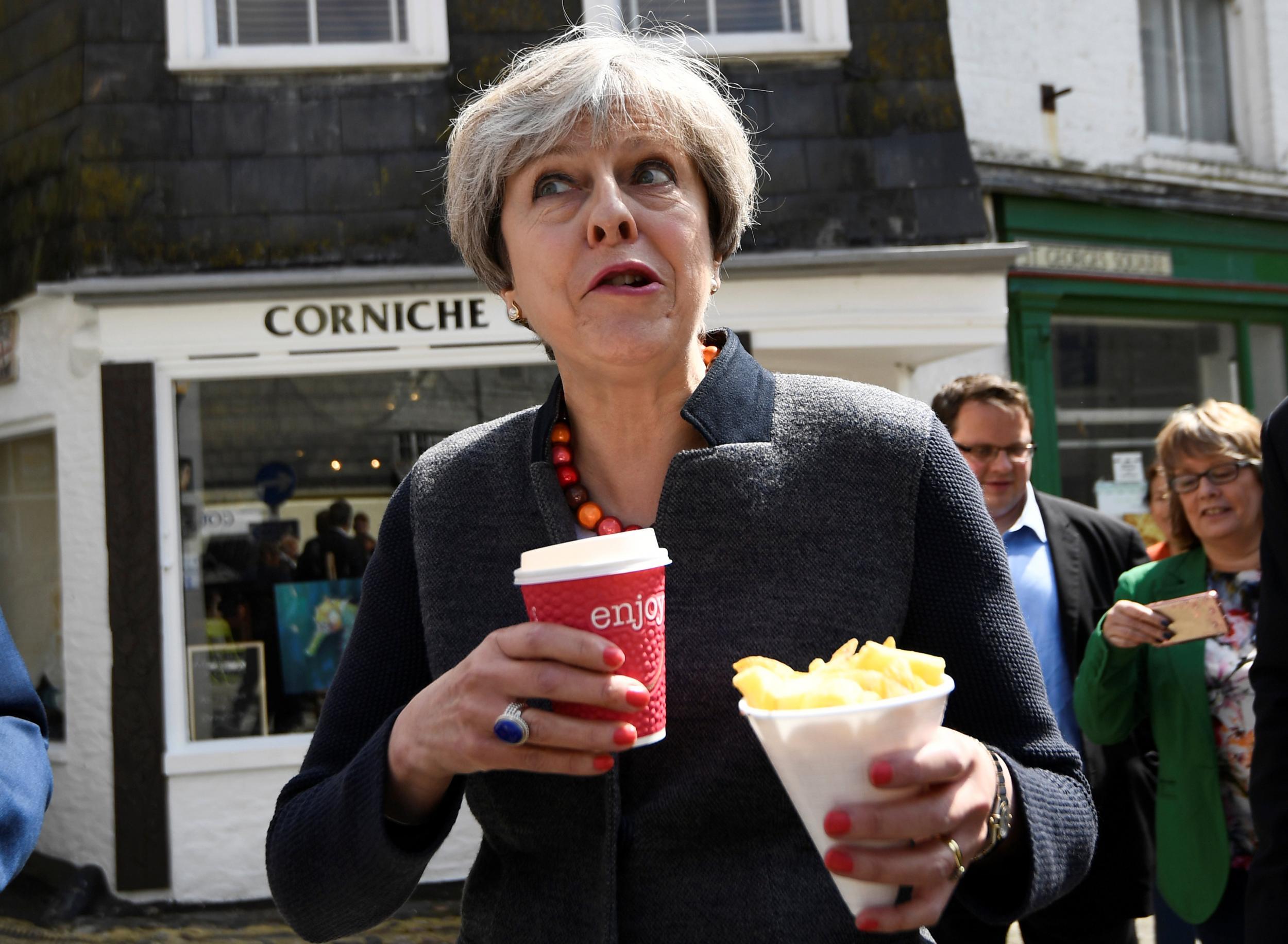
It’s certainly rare for things to change so dramatically during a campaign. Usually, things end up broadly as they were at the start of the campaign and the whole thing is a big exercise in getting your vote out.
This time, Labour overturned a 22-point Conservative lead and ran them within two points. And the turnaround was absolutely during the campaign – just a month earlier, the party suffered a poor set of local election results.
‘Voters always come back to the Government as an election approaches’
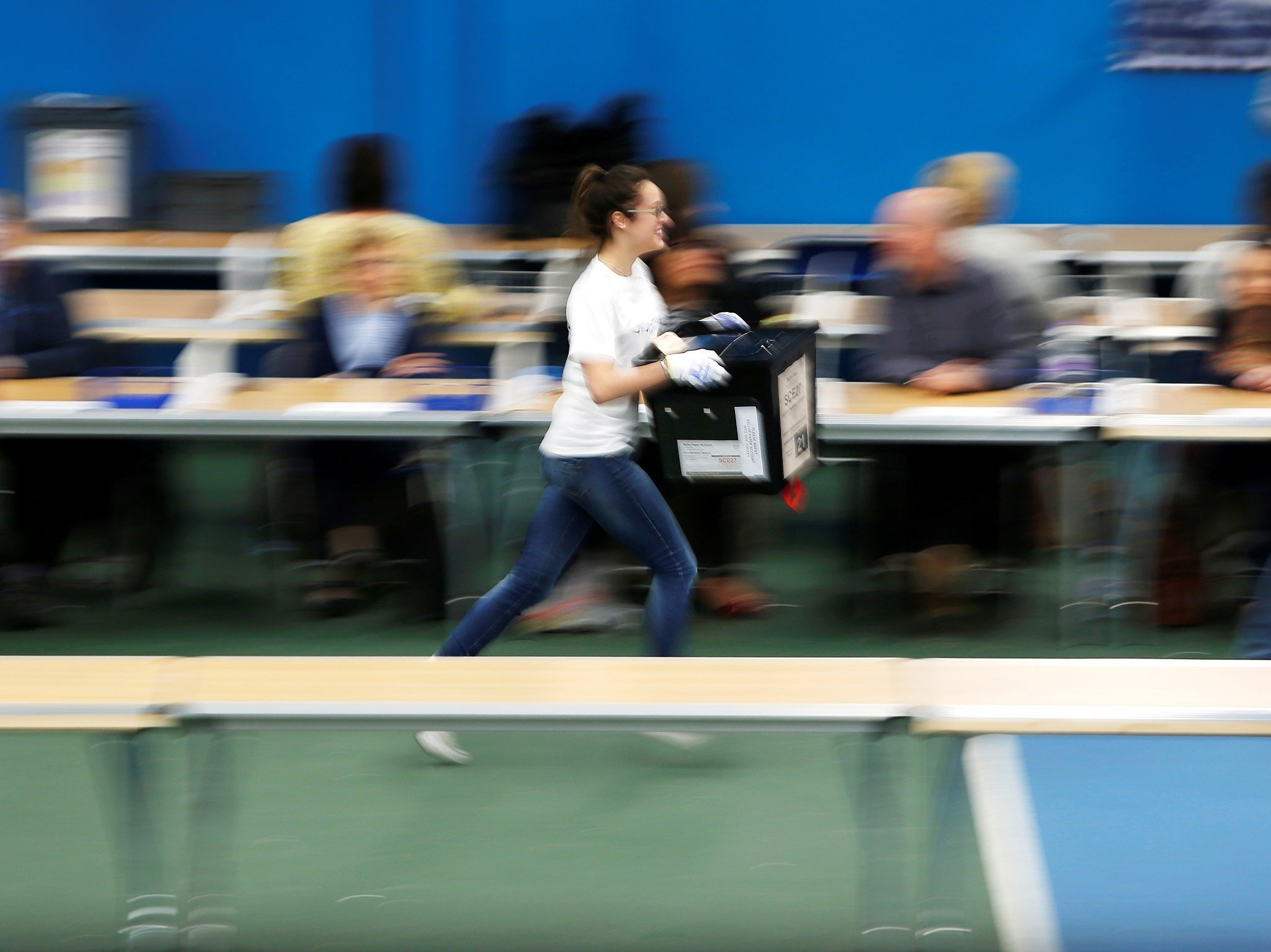
People tell pollsters they’re going to vote for opposition parties mid-parliament because they want to send the government a message, the received wisdom goes. But, we’re told, when an election draws near, minds are concentrated and voters return to the Government. Not this time – the Tories’ vote share was pretty much unchanged, but voters swarmed to the opposition party.
‘The two-party system is finished’
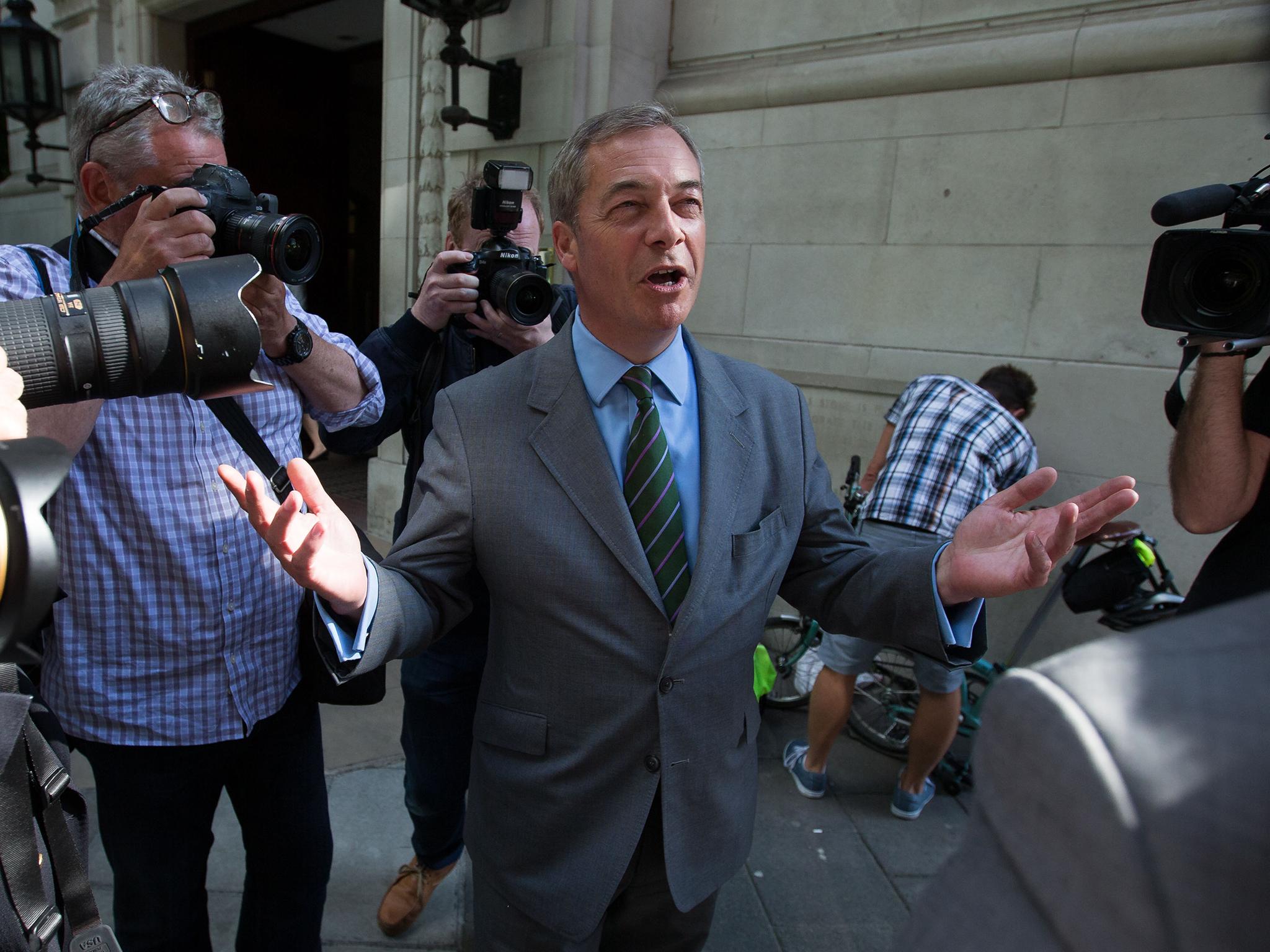
The 2015 general election was characterised by a huge fragmenting in the parties – Ukip, the SNP, the Greens and the Lib Dems all took respectable vote shares, even if they didn’t win many MPs. It genuinely looked like the two-party system was finished. Yet in 2017 the trend, which has been going for years, reversed dramatically – Labour and the Tories combined look to have won over 80 per cent of the vote, more than they have done in years.
'Voters will never vote for left-wing policies'
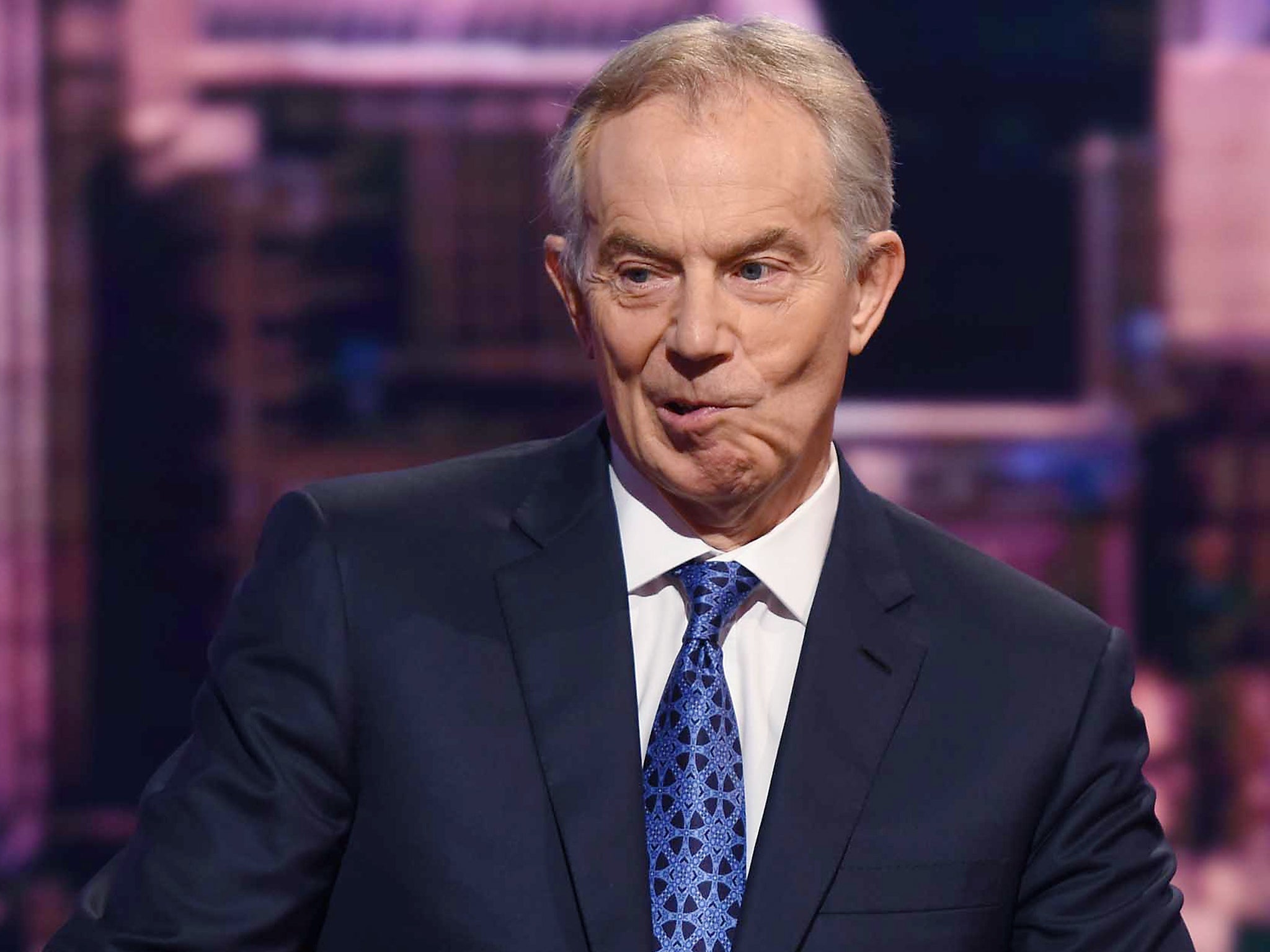
For years New Labour shied away from socialism because, it was claimed, the electorate would reject it. But in 2017 all polling and evidence suggests Labour’s manifesto was an asset to the party, preferred by voters to the Conservatives’ policies.
The party won in marginal seats and won its best share of the vote since 2001 – beating Tony Blair, Gordon Brown, and Ed Miliband in 2005, 2010, and 2015.
‘The real divide in politics is between open and closed, left behind Brexit and metropolitan Remain’
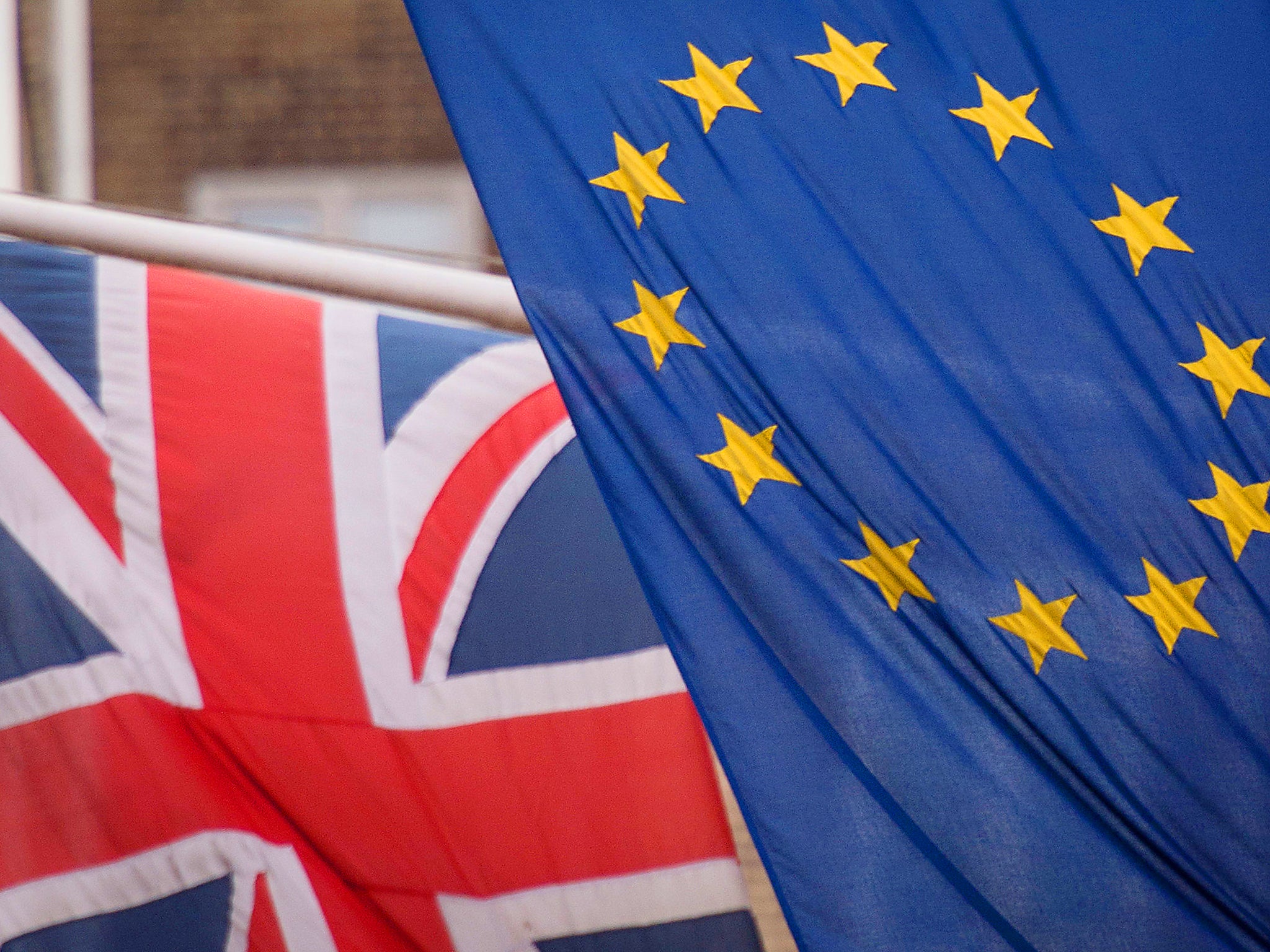
There are certainly divisions between Remain and Leave voters. But Labour picked up former Ukip voters in Leave-voting areas while winning metropolitan Remain voters. It picked up seats in Derbyshire, Wales and West Yorkshire. But it also picked up seats in London, Bath, and Brighton. These voters all saw no contradiction in voting for the same candidate. There was no great realignment some, such as Tony Blair, had predicted.
‘Scottish people will never vote Tory’
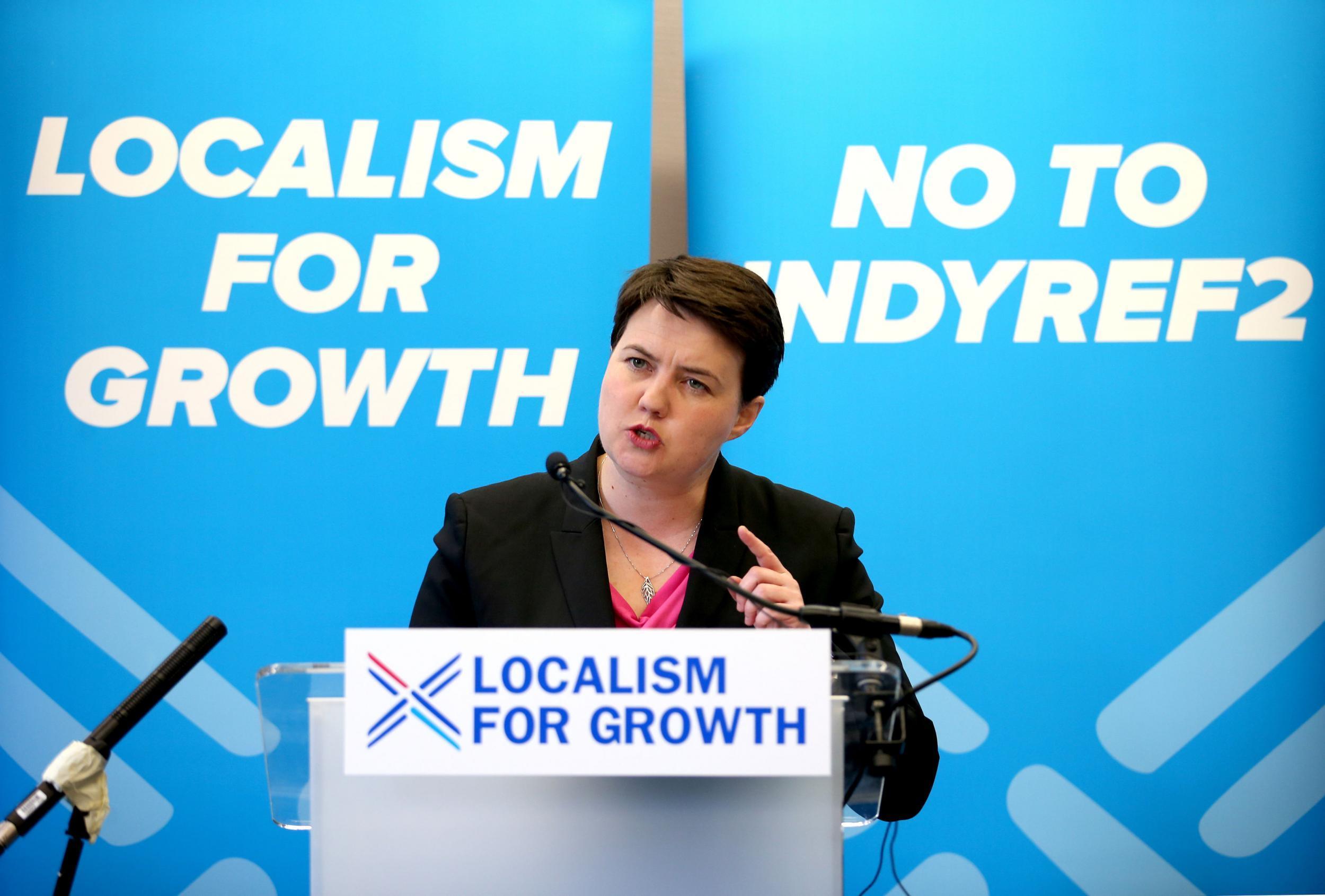
For years the joke was that there were more giant pandas in Scotland (two at Edinburgh zoo) than there were Tory MPs. That isn’t true anymore – apparently on the back of Ruth Davidson’s popularity and the consolidation of the unionist vote, the party now has at least a dozen seats there.

Join our commenting forum
Join thought-provoking conversations, follow other Independent readers and see their replies
Comments